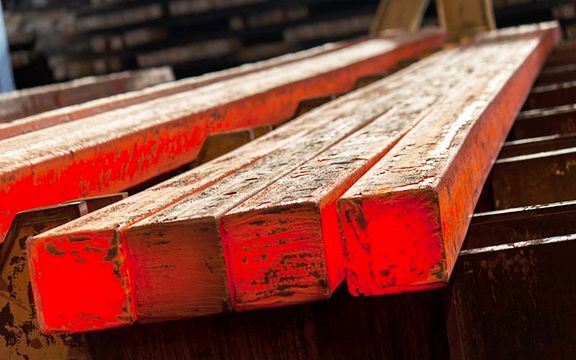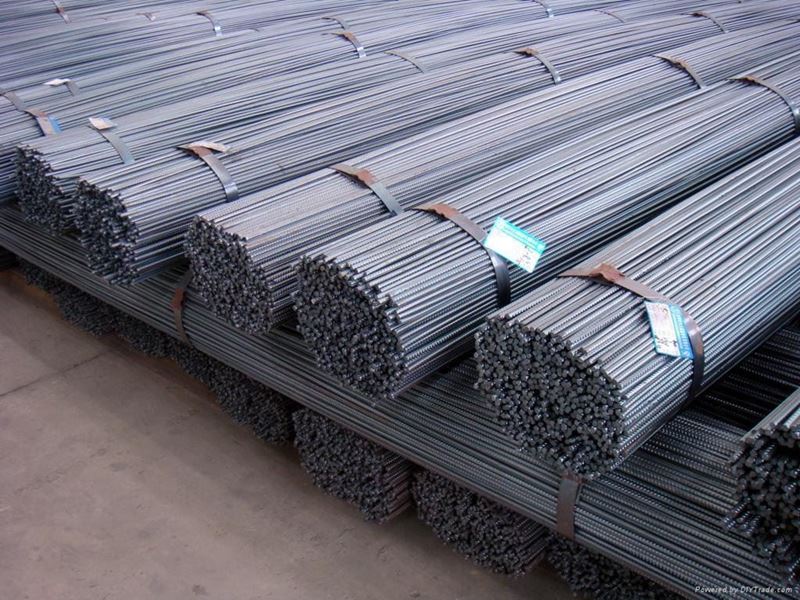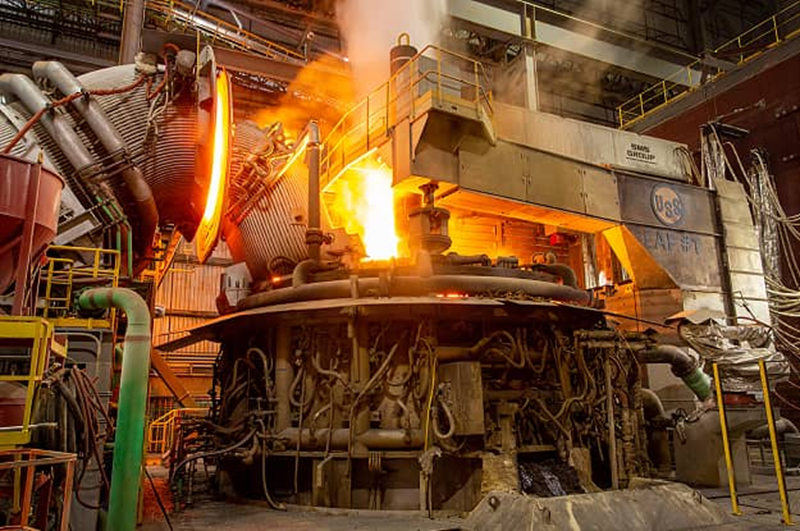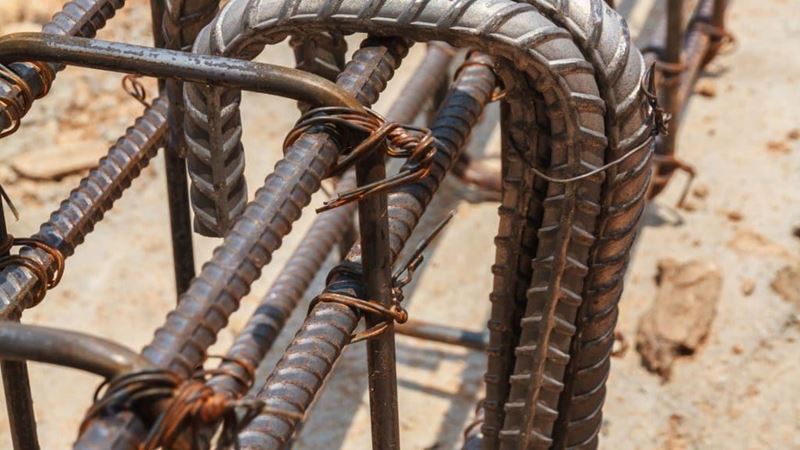In a major development for Iran's steel industry, a leading Iranian company has sealed a groundbreaking deal, selling three substantial shipments of steel billets (FOB) price of $478 per ton. The deal, set for delivery in mid-June, marks a significant uptick in pricing compared to the previous major deal, which was closed at $471 per ton at the end of April. This surge in prices indicates a remarkable increase of $7 per ton, setting a new high for Iranian steel billets exports.
The rise in demand for Iranian steel is attributed to several factors, including global economic recovery and heightened construction activities in various regions. The successful transactions highlight Iran's growing prominence in the international steel market and underscore the resilience of its steel industry despite ongoing challenges.
This achievement is particularly noteworthy in the context of economic sanctions and geopolitical tensions. Industry analysts are optimistic about the future trajectory of Iranian steel exports, anticipating continued growth and competitiveness in the global market. This latest deal not only demonstrates the quality and reliability of Iranian steel products but also signals a positive outlook for the country's economy as it seeks to expand its export base and strengthen its position in international trade.
Meanwhile, the Ex-Work prices of Iranian steel rebars for exports have experienced a notable decline, dropping by 2.2% over the past week to $445 to $455 per ton, aligning with the downward trend observed in the domestic market. This reduction in export prices comes amidst fluctuating market conditions and reflects adjustments made to remain competitive in the global steel market. Similarly, the export price of slab steel from Iran has also seen a 2.2% decrease, settling at $450 per ton. Although no new deals were sealed in the slab steel export market during this period, there has been a noticeable decline in customer-proposed prices, indicating a cautious approach from buyers in response to market conditions.
The decline in export prices mirrors the broader challenges faced by the steel industry globally, including fluctuating demand and pricing pressures. The Iranian steel industry is grappling with significant challenges stemming from contradictions in policies, leading to market instability across various segments.
Analysis reveals a complex interplay of factors, including a decrease in the supply of (FOB) scrap, an abundance of sponge iron offers, and fluctuating prices affecting billet production and rebar supply. The decrease in FOB scrap supply has disrupted the supply chain, exacerbating the imbalance between supply and demand. Despite an abundance of sponge iron offers and reports of low base prices, converting sponge iron into billets is not proving cost-effective, indicating inefficiencies in the production process.
This is reflected in the lower FOB price for sponge iron compared to the previous week. However, factories that control the entire supply chain still find producing billets profitable, leading to a mismatch between billet supply and raw numbers. As a consequence, the delayed supply of rebar exacerbates liquidity issues and exchange rate fluctuations, further destabilizing the market.
This indicates a need for better coordination and alignment between different stages of production and distribution to address these challenges effectively. In the sheet metal segment, the market appears to have reached its bottom, with improvements anticipated in the short term. However, competition with imported goods and exchange rate volatility pose constraints on the extent of these fluctuations. Despite short-term discussions about reducing rebar prices, sustainability remains a concern, suggesting the need for more comprehensive and long-term strategies to address underlying issues.










Comments
No comment yet.